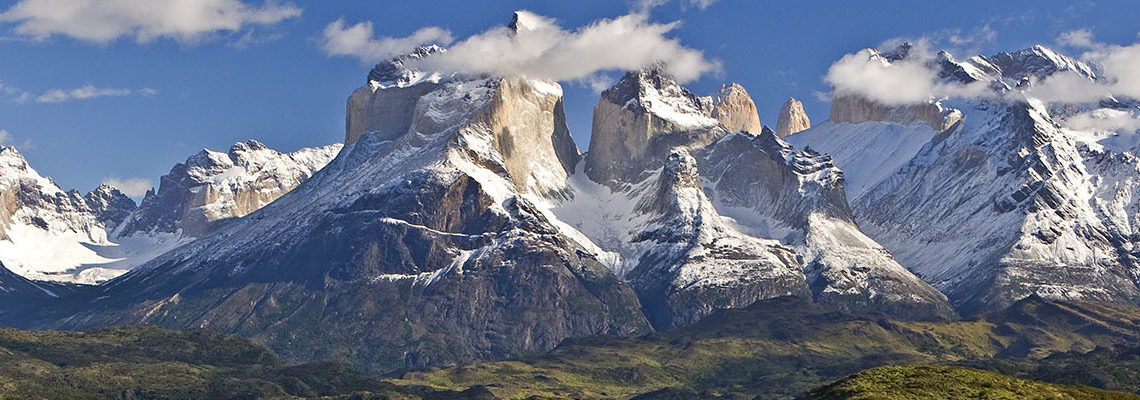The National Forestry Corporation (Conaf) began a process to open the parks of the National System of Protected Wild Areas.
Torres del Paine National Park will reopen its doors in September.
This was reported by the Minister of Agriculture, Antonio Walker, after announcing the plan to open national parks throughout the country.
The authority pointed out that this process is part of the gradual return of activities in the country, respecting the security protocols implemented by the Government to avoid a possible outbreak of Covid-19.
In Magallanes, the opening also includes the Cueva del Milodón Natural Monument.
Online reservations
Conaf started a nationwide project in Torres del Paine to have a next-generation platform.
This platform will allow online reservations to visit national parks and reserves.
The project begins in Torres del Paine Park and will be extended in parallel, to all the Bicentennial Parks of the country.
Visitors will be advised to sanitize their personal items, such as backpack, clothing, bottles, among others, before and after the activity. They have the obligation to participate in the safety talks and must collaborate with the park rangers.
In addition, the entrances and ticket offices will have transparent material that generates the separation between the park ranger and the visitor, having to demarcate the ground so that the distance of at least 1 meter between one and another visitor must be demarcated.
La Corporación Nacional Forestal (Conaf) inició un proceso de apertura de los parques del Sistema Nacional de Áreas Silvestres Protegidas.
El Parque Nacional Torres del Paine abrirá nuevamente sus puertas en septiembre.
Así lo informó el ministro de Agricultura, Antonio Walker, luego de dar a conocer el plan de apertura de parques nacionales, a lo largo de todo el país.
La autoridad señaló que este proceso se enmarca en el retorno gradual de las actividades en el país, respetando los protocolos de seguridad implementados por el Gobierno para evitar un posible rebrote de Covid-19.
En Magallanes, la apertura incluye, además, el Monumento Natural Cueva del Milodón.
Reservas online
Conaf inició en Torres del Paine un proyecto a escala nacional para disponer de una plataforma de última generación.
Esta plataforma permitirá realizar reservas de modo online para visitar los parques y reservas nacionales.
El proyecto se inicia en el parque Torres del Paine y se extenderá en forma paralela, a todos los Parques Bicentenarios del país.
A los visitantes, se les recomendará higienizar sus elementos personales, tales como mochila, ropa, botellas, entre otros, antes y después de la actividad. Tienen la obligación de participar en las charlas de seguridad y deben colaborar con los guardaparques.
Además, los ingresos y boleterías contarán con material transparente que genere la separación entre guarda parque y visitante, debiéndose demarcar el suelo para el distanciamiento de, al menos, 1 metro entre uno y otro visitante.


